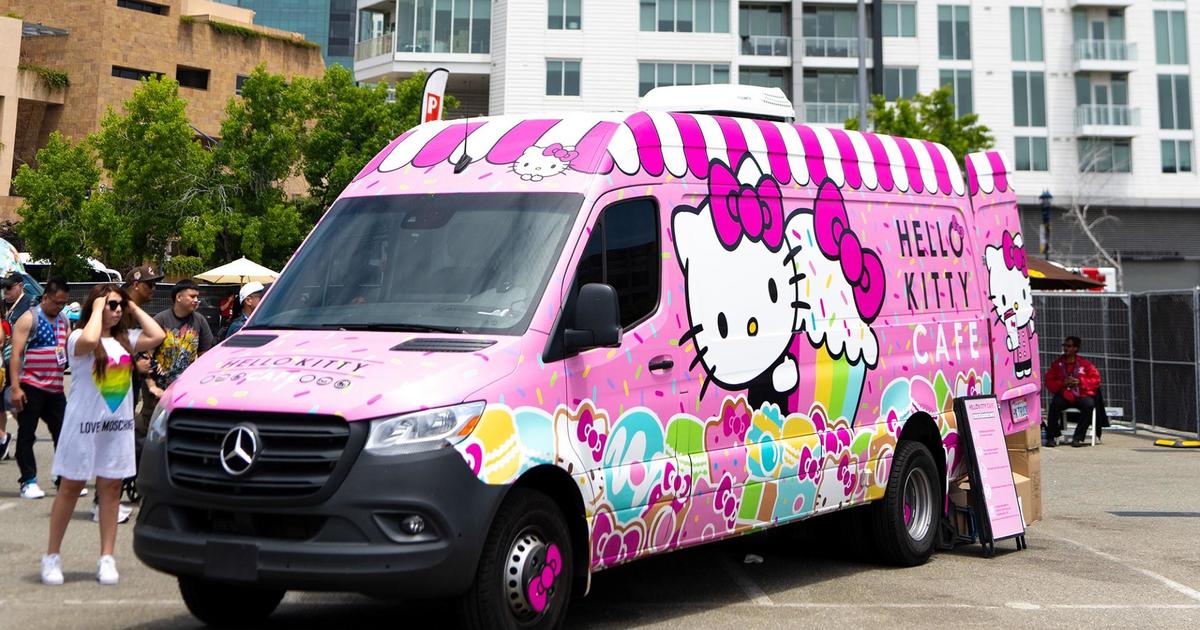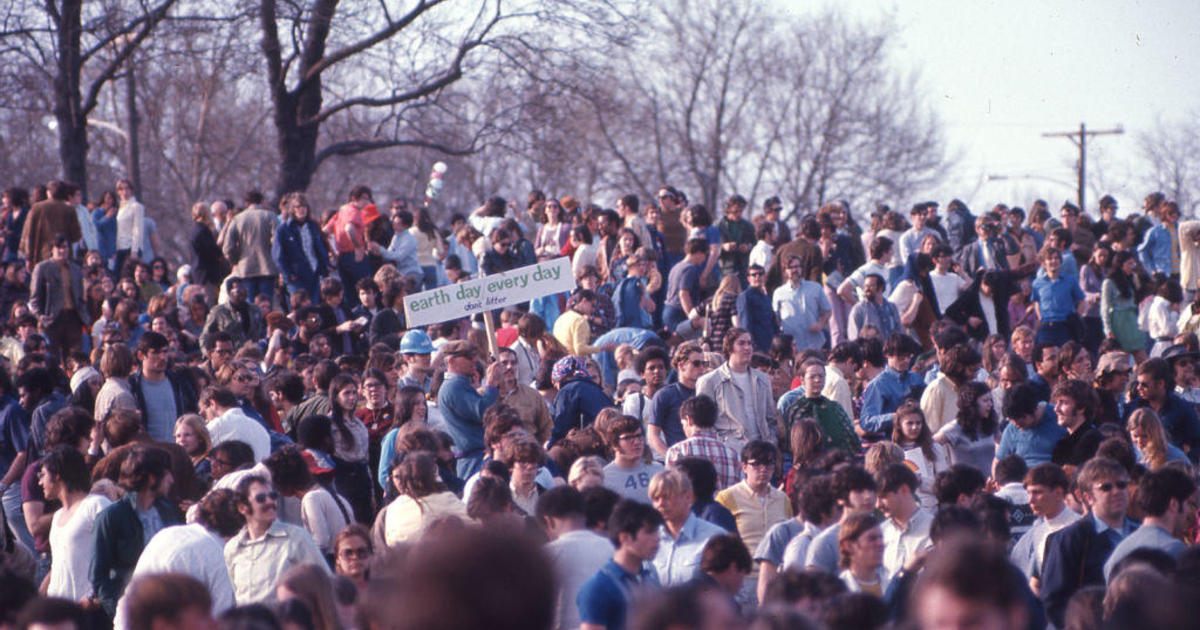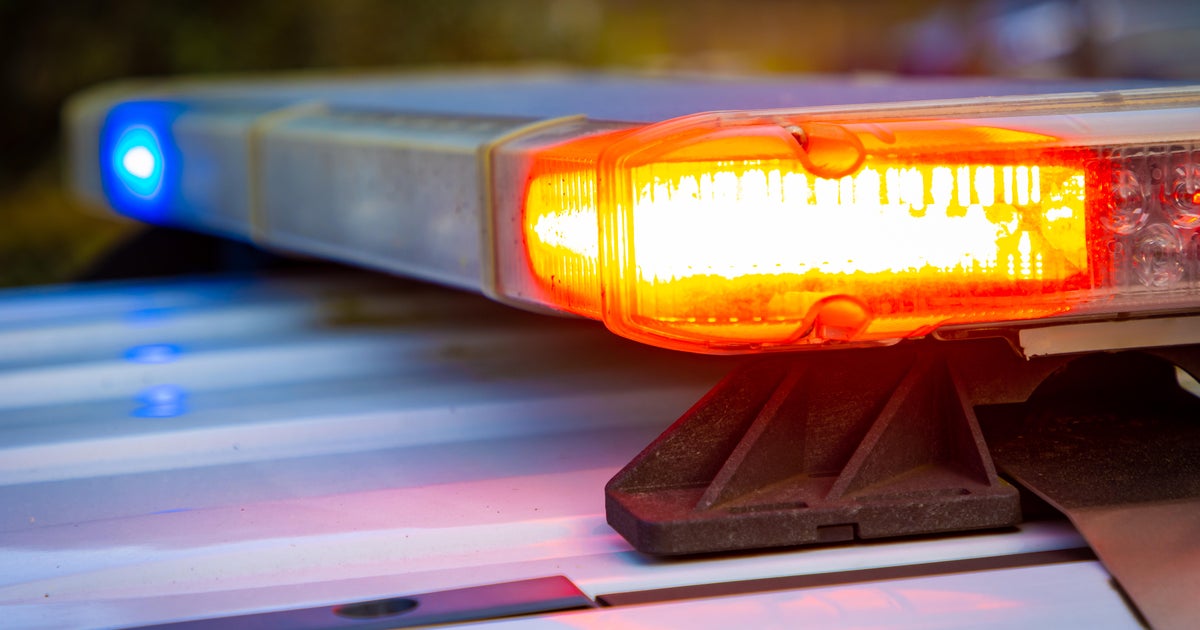Angie's List: Leasing Or Buying A Car
By Jim Donovan
PHILADELPHIA (CBS) -- Are you in the market for a new car but not sure whether you want to buy or lease? In this week's Angie's List report, Jim Donovan has a look at some things you should consider before you make your decision.
For Citrana Harmon-Forgenie, leasing a car was more appealing than buying new.
"When we compared both costs we realized that we were better off leasing, and again, considering the fact that we only wanted it for a short period and then needing a new car after several years," said Harmon-Forgenie.
Lease payments are generally lower than loan payments.
Monthly lease payments can range from $160 to well over $1,000, depending on a vehicle's make and model. And a typical lease lasts for 36 months, though some dealerships offer longer leases.
"When deciding whether to lease or buy a car you need to think about your lifestyle. Remember that when you are leasing you're going to get a new car every few years but you're also going to have a car payment even though your car payment is less than if you were buying the car. Additionally, remember that if you are leasing there is usually limitations on mileage so if your office is a long distance from your home you want to be careful you have enough miles on the lease," said Angie's List founder, Angie Hicks.
And do your homework before you walk into any dealership.
"When leasing a car it's just like buying a car. You should be prepared and understand how much the car is really worth and go in ready to negotiate. Don't just think about the monthly payment. Also think about the residual value of the car, the price you would pay if you buy the car out of the lease because you might fall in love with the car and want to keep it," said Hicks.
Make sure you understand your lease before signing. And don't forget to ask about gap insurance. If your leased car is wrecked, the insurance covers the difference between the car's actual market value and the remaining balance of the lease.
More from Angie:
Leasing basics
• The most basic fact to know about leasing is that it's essentially a long-term rental of a vehicle, usually a brand-new one.
• A typical lease lasts for 36 months, though some dealerships offer them for one to five years. Monthly lease payments can range from $160 to well over $1,000, depending on a vehicle's make and model.
• Whether leasing is a good option for you depends on a variety of factors, including how many miles a year you tend to drive and how long you want to keep a car.
Angie's List, the nation's leading provider of consumer reviews, asked highly rated car dealerships about the top reasons to lease.
Reasons to lease:
• Lease payments are generally lower than loan payments.
• Because most leased cars are brand-new or newer, the driver gets to enjoy the latest features and technology.
• Leasing agreements may include more coverage under the factory warranty than what a buyer would receive; some may even include regular maintenance/service checks. Also, because leased vehicles tend to be new or newer, maintenance costs are lower than purchased cars that are driven beyond their warranty time frames.
Reasons to buy instead:
• At the end of the lease agreement, you won't own the car. However, if you like the vehicle, you may decide to buy it when the lease ends.
• Lease agreements may cap annual mileage at 30,000 miles or less, so they aren't a good idea if you drive more than the average. Driving more miles than allowed on the lease can result in a fee of 10 to 25 cents a mile.
• If the leased vehicle receives more wear than is permitted within the agreement, you may owe the dealer money to make up the difference.
Angie's List Tips: Before you lease
• Know what you can afford: Evaluate your financial situation to determine what you can afford and stay within your plan. Call you insurance agent to find out how much you will have to pay.
• Research the dealer: If you decide to explore the option of leasing, be sure to work with an established, reputable dealer that can also provide maintenance and repair service. Ask friends and family for recommendations, and consult online reviews from a trustworthy source.
• Avoid focusing only on the monthly payment: Just like when you buy a car, you shouldn't just focus solely on the monthly payment, so don't be afraid to negotiate.
• Shop around: It pays to shop around - call to see what lease specials dealers are offering.
• Don't overlook the fine print: Be sure to read and fully understand your lease agreement before you sign it. Also, ask the dealership about gap insurance coverage. If you have it and the leased car is wrecked, the insurance will cover the difference between the car's actual market value and the remaining balance to pay the lease off.
• Shop around: It pays to shop around - call to see what lease specials dealers are offering.
• You're in control: If it is not the deal or price you want, be prepared to walk away. Don't let anyone pressure you.



